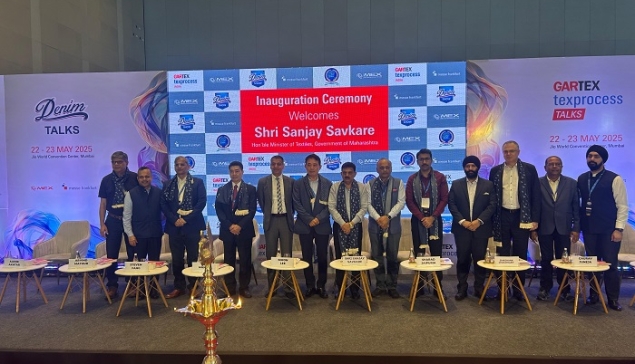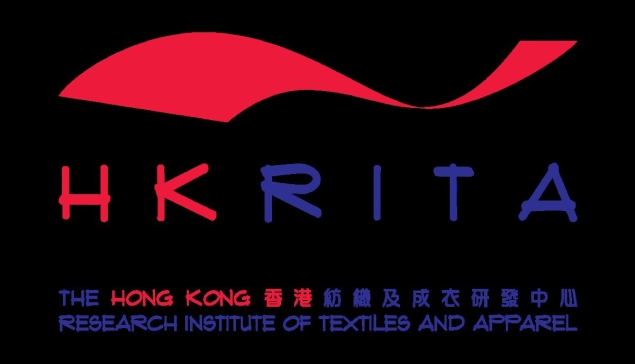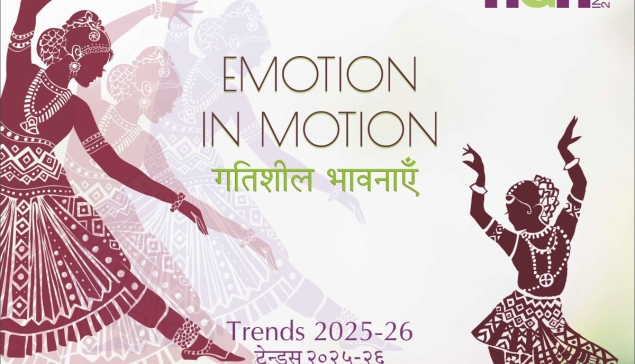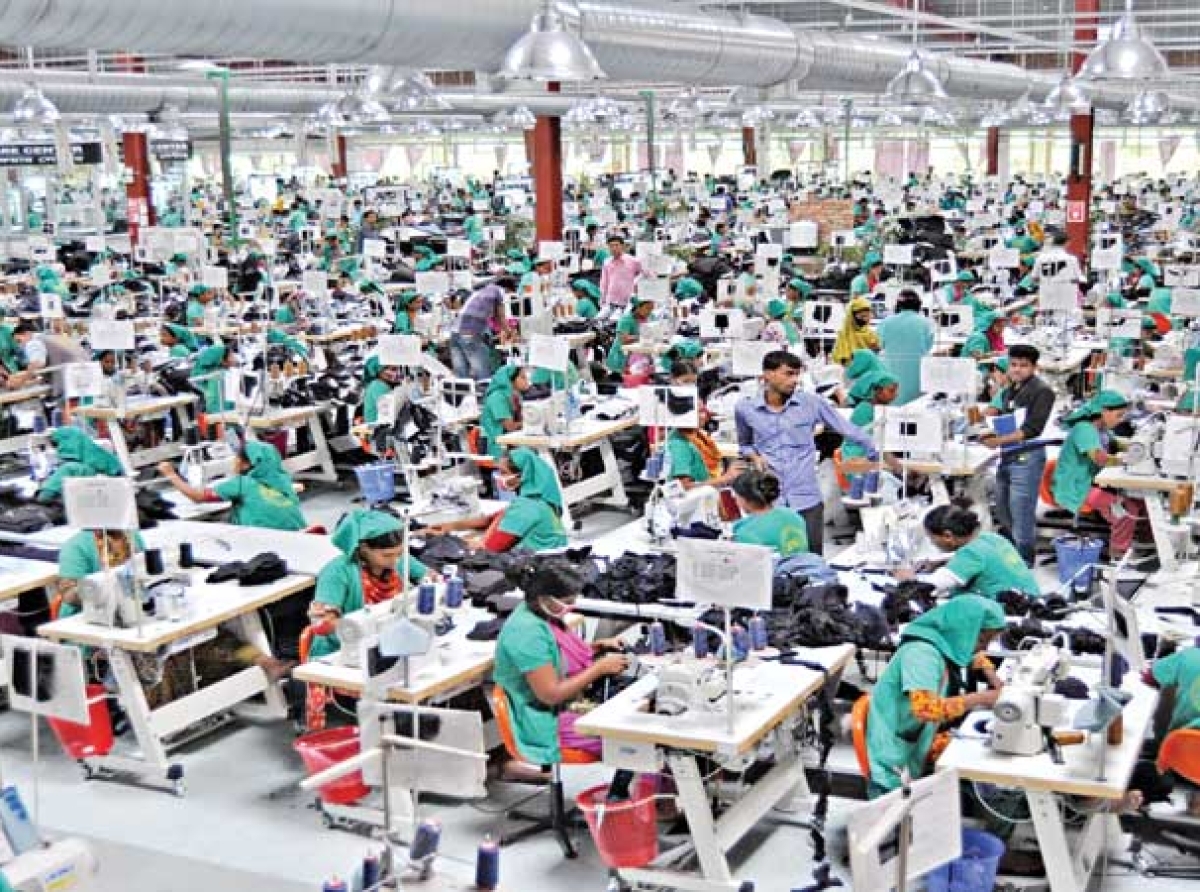The research presented in the memorandum finds that strong employer influence has resulted in:
1) weakening of the programme’s mechanism used to enforce factory owners’ safety obligations, 2) the continuation of exports, including to Accord brand signatories, from factories terminated from the programme for failing to make mandated safety renovations, 3) delays in the implementation of a crucial programme to avert boiler explosions which have historically been a cause of injury and death for garment workers.
These problems do not lie with the personnel of the RSC, but with employers abusing their power and exercising undue influence in the programme.
The RSC was created after the Accord came under attack from recalcitrant owners supported by the Sheikh Hasina government. In the context of the recent sweeping change in Bangladesh’s government, it is time to review the governance structures of the Accord programme in the country. Restructured governance can restore the RSC’s independence and allow it to do its job unimpeded: protecting the safety of garment workers and supporting the efforts of current and future governments in Bangladesh to strengthen the nation’s regulatory institutions.
As the memorandum states, “It is ultimately the responsibility of every apparel brand to ensure that the workers who make its clothes do so under safe conditions. The Accord has been extremely effective in enabling brands to fulfil that responsibility in Bangladesh, but it cannot continue to do so without reform of the RSC.
We urge brands to support the necessary changes to the RSC; to honour their Accord obligations, including paying fair prices to suppliers, and to reward the resulting safety progress in Bangladesh by sustaining and expanding their production in the country.”
There is heightened international interest in binding agreements and grievance mechanisms as means for brands to abide by human rights due diligence legislation, as will also be a topic at this week’s OECD Forum on Due Diligence in the Garment and Footwear Sector.
In this context, it is important to recognise that the International Accord is still the most robust large-scale programme entailing brands cooperation with unions to provide for vital inspections, remediations, and a complaint mechanism in the brands’ supply chains. However, we must never become complacent in the face of the need to safeguard workers’ rights, and we cannot allow standards to slip in the programme that has been a North Star to many.
This is why CCC, WRC, and MSN are urging swift, critically needed changes, to the governance mechanism of the Accord’s operations in Bangladesh.
“A reset of the RSC governance structure is necessary to keep the grievance mechanism safe from any employer interference, also in light of mandatory due diligence requirements, and to ensure its alignment with the Accord’s commitment to an eventual transition to governmental regulatory oversight.” said Ineke Zeldenrust of CCC.




















